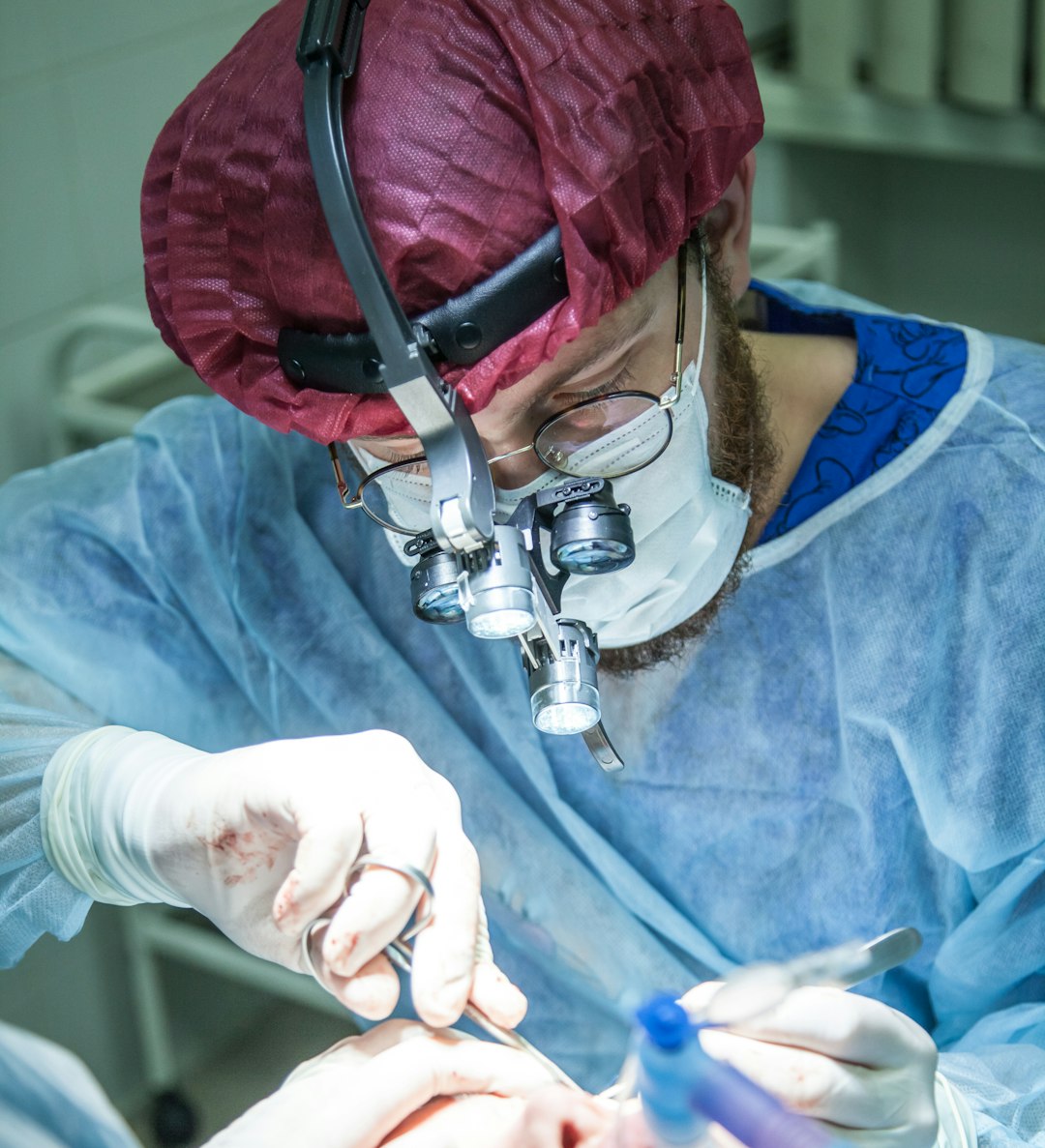Surgeon Rata Hāparapara
Surgeons consult with patients and operate on people to treat and manage disease and injuries.
Surgeons need to be registered with the Medical Council of New Zealand.
Surgeons may do some or all of the following:
- examine patients and decide whether operations are needed
- consult with other medical professionals about patient care and treatment
- perform and manage operations
- instruct and manage patients' post-operative care
- check on patients' progress while they are in hospital
- keep medical records and send final reports to general practitioners
- provide follow-up care for patients
- teach medical students and trainee surgeons
- carry out research.
Physical Requirements
Surgeons need to have good eyesight (with or without corrective lenses) and good hand-eye co-ordination. They also need to have steady hands.
Surgeons must have a good level of stamina as some surgery can take many hours.
Useful Experience
Useful experience for surgeons includes:
- work in hospitals or health clinics
- work caring for people.
Personal Qualities
Surgeons need to be:
- accurate and careful, with an eye for detail
- motivated and disciplined
- quick and efficient
- able to work well under pressure
- able to make good decisions, and solve problems
- good time managers
- excellent at analysis and interpretation
- good at report writing
- good at communicating and inspiring confidence in others
- understanding of other cultures' attitudes to medical treatment.
Skills
Surgeons need to have:
- knowledge of anatomy and how the human body works
- surgical skills and knowledge
- knowledge of different diseases, illnesses and injuries
- knowledge of medicines and treatments and the effect these have on patients
- diagnostic skills
- up-to-date knowledge of research, treatments and practices
- knowledge of medical ethics and law.
Surgeons need to have some knowledge of other medical specialities such as oncology, radiology and pathology.
Conditions
Surgeons:
- work long and irregular hours, including evenings, nights and weekends
- work in operating theatres, hospital wards and clinics
- work in conditions that may be stressful, as they deal with seriously ill or injured patients
- travel locally to visit hospitals in their region and overseas to attend conferences.
Subject Recommendations
NCEA Level 3 is required to enter tertiary training. Useful subjects include maths, chemistry, physics, biology and health education.
Related Courses
Surgeons can earn around $64K-$205K per year.
Chances of getting a job as a Surgeon are good due to a shortage of people interested in this type of work.
Pay varies for surgeons depending on seniority, hours, location and frequency of on-call or emergency cover.
Surgeons who work for Te Whatu Ora Health NZ (previous DHBs)
- House officers (supervised junior doctors) who work for Te Whatu Ora can earn $64,000 to $145,000 a year.
- Registrars (trainee surgeons) can earn $80,000 to $205,000.
- Qualified surgeons can earn $170,000 to $251,000.
Surgeons working in the private sector can earn more than this.
Sources: Association of Salaried Medical Specialists, 'New Zealand District Health Boards – Senior Medical and Dental Officers Collective Agreement, 1 April 2022 - 31 March 2023'; and Resident Doctors' Association, 'RDA and 20 District Health Boards Multi Employer Collective Agreement 17 March 2021 to 31 March 2024'.
Surgeons may progress to teach students and trainee surgeons at larger hospitals. Surgeons can also become clinical directors, combining an administrative role with a surgical one.
Surgeons can specialise in a number of roles including:
- Cardiothoracic Surgeon
- Cardiothoracic surgeons treat diseases and injuries of the heart, lungs and chest wall.
- General Surgeon
- General surgeons treat diseases and injuries of the abdomen, breast and endocrine (glandular) organs.
- Neurosurgeon
- Neurosurgeons diagnose and treat patients with disorders of the central, peripheral and autonomic nervous system including their supportive structures and blood supply.
- Orthopaedic Surgeon
- Orthopaedic surgeons treat diseases and injuries of the bones, joints, muscles and soft tissue.
- Otolaryngologist
- Otolaryngologists treat diseases and injuries of the head and neck.
- Paediatric Surgeon
- Paediatric surgeons diagnose and treat children who may require surgery. This includes the management of congenital abnormalities both ante-natally and in the neonatal period and the management of major trauma in children.
- Plastic or Reconstructive Surgeon
- Plastic or reconstructive surgeons correct or restore body function or appearance for aesthetic or therapeutic reasons.
- Urologist
- Urologists diagnose and treat disorders of the urinary tracts in males and females, and male genital organs. It also includes the management of trauma to these organs and the management of male sterilisation, infertility and sexual dysfunction.
- Vascular surgeon
- Vascular surgeons diagnose and treat patients with disorders of the blood vessels (arteries and veins outside the heart and brain) and the lymphatic system.
Years Of Training
13-15 years of training required.To become a surgeon you need to:
- complete the Health Sciences First Year programme at Otago University, or the first year of either the Bachelor of Health Sciences or Bachelor of Science in Biomedical Science at Auckland University
- complete a five-year Bachelor of Medicine and Bachelor of Surgery (MBChB) degree at Otago or Auckland Universities
- work for several years as a supervised junior doctor in a hospital
- complete another five to seven years of specialist training and examinations to become a Fellow of the Royal Australasian College of Surgeons.
You also need to be registered with the Medical Council of New Zealand.
- University of Otago website - Health Sciences First Year programme
- University of Otago website - Bachelor of Medicine and Bachelor of Surgery
- University of Auckland website - Bachelor of Medicine and Bachelor of Surgery
- Royal Australasian College of Surgeons website - becoming a surgeon
The Vulnerable Children Act 2014 means that if you have certain serious convictions, you can’t be employed in a role where you are responsible for, or work alone with, children.

 Epsom Girls Grammar School
Epsom Girls Grammar School